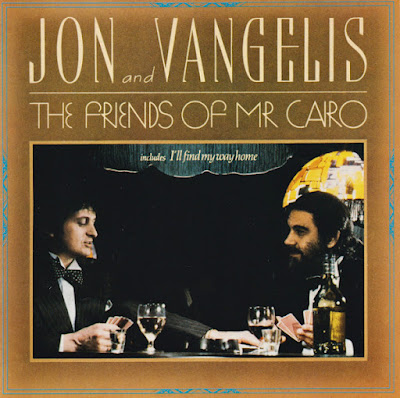Gene Loves Jezebel The House Of Dolls
Get It At Discogs
Tagged by most fans as their favorite Gene Loves Jezebel album, with its fabulous sonics, punchy rhythms, soaring guitars, and bright and brash pop melodies, this is also the record responsible for sundering the band. In one fell swoop, producer Peter Walsh turned GLJ from a band whose brilliance lay in their ability to blend rock and goth into something truly unique, into a pop/rock monster. The group itself never sounded better. The rhythm section is exceptionally tight and powers the songs like a metronome. James Stevenson's guitar literally shines, glimmers, glitters, and swoops through the grooves. It's no surprise then that the album contained a slew of songs that quickly became college/dance classics. The infectious "The Motion of Love"; the sweeping lushness of "Gorgeous," guaranteed to hook the listener at first listen; the pulsating, yearning paranoia of "Suspicion"; and the driving "Twenty Killer Hurts," which turned up in a Miami Vice episode, were classic GLJ's songs given an American sheen. What were missing were the gothic shadows, darkwave jangle, and Celtic undertones that once enmeshed the band's sound. The Jezzies themselves hated The House of Dolls, not the songs themselves, but the slick production Walsh covered them in. Co-vocalist Michael Aston hated it most of all, and was frustrated by the group's growing pop affiliation. He quit the band in the middle of recording, and appears on only two tracks, "Message" and "Up There," the album's broodier tracks. Although he later returned, this was to be his last recording with the band. Of course, the album turned out to be GLJ's most successful, abetted by the production, and aided by Stevenson's full-on arena-esque guitar. It's hard to believe this was the same band that gave the world Promise and Immigrant, and in a way it wasn't.













%20Front.jpg)















